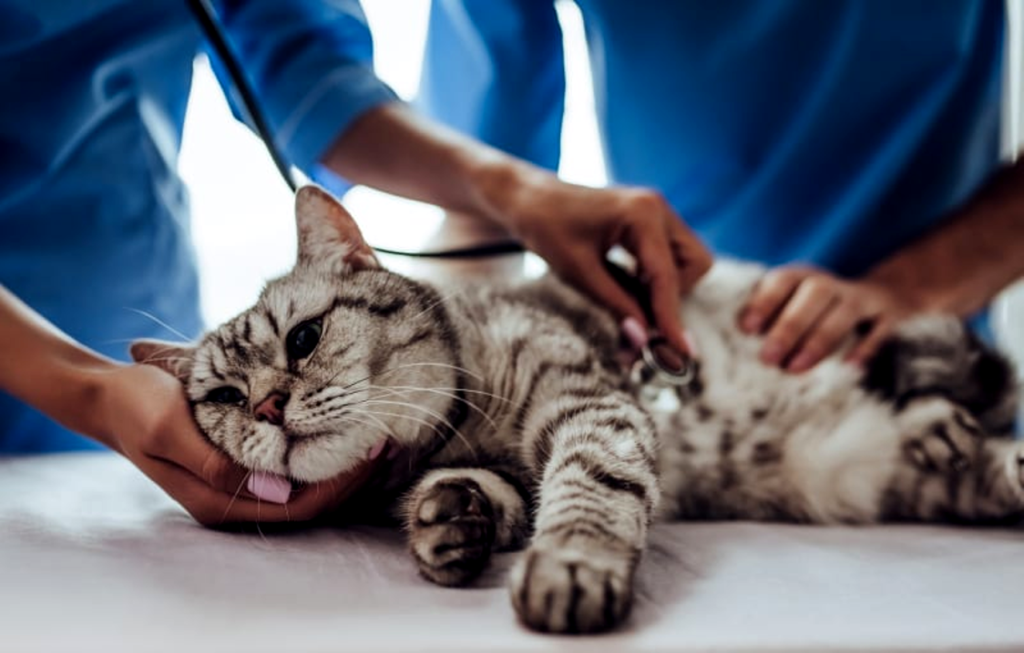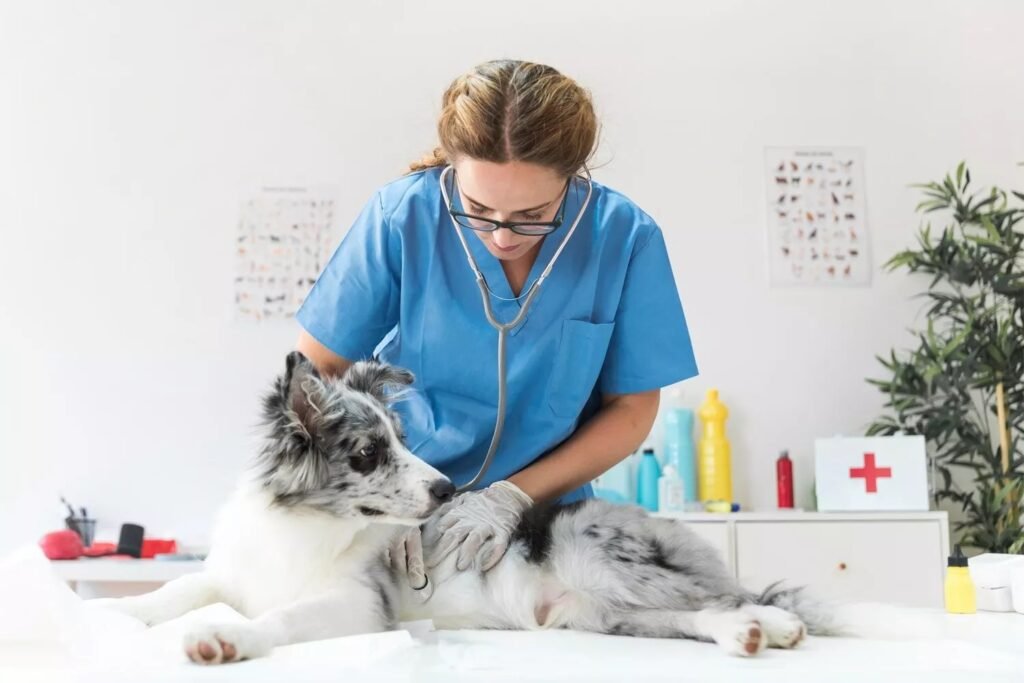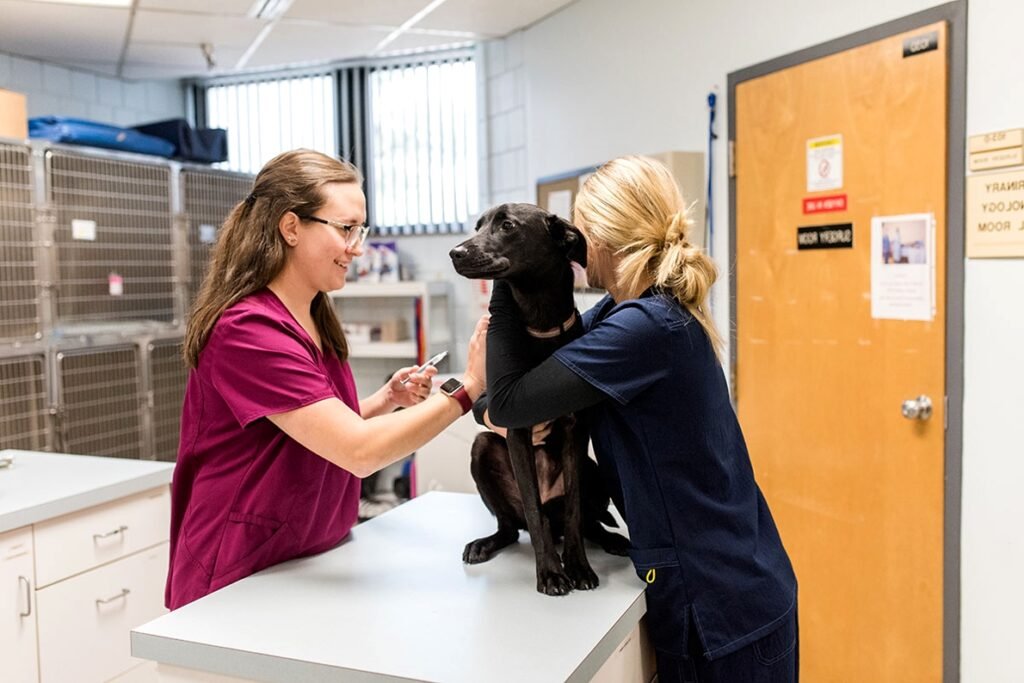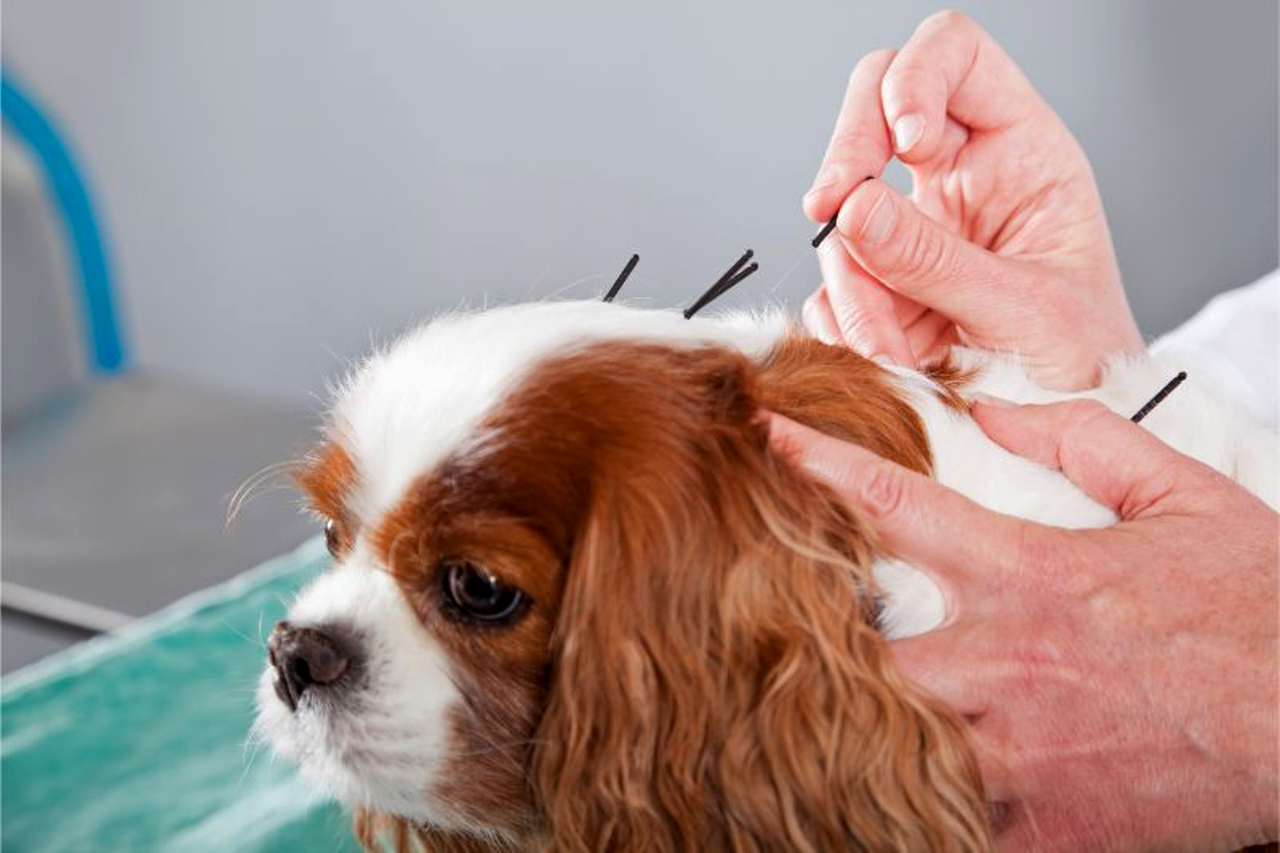In recent years, pet owners have been increasingly turning to alternative medicine to provide their furry companions with holistic care. This shift is driven by a desire to explore natural and non-invasive treatment options for various pet ailments. In this comprehensive guide, we will delve into the world of alternative medicine for pets, exploring its benefits, different modalities, and how it can improve the overall well-being of your beloved animal companions.
Read More: The Role of Pet Insurance: Providing Financial Security for Pet Health Care
Contents
- 1 The Benefits of Alternative Medicine for Pets
- 2 Understanding Alternative Medicine for Pets
- 3 Types of Alternative Medicine for Pets
- 4 Benefits of Alternative Medicine for Pets
- 5 Conditions Treated with Alternative Medicine
- 6 The Role of Nutrition
- 7 Finding the Right Alternative Medicine Practitioner
- 8 Success Stories
- 9 Potential Limitations
- 10 Combining Conventional and Alternative Approaches
- 11 Cost Considerations
- 12 Pet Owner’s Guide
- 13 Future Trends in Pet Healthcare
- 14 Conclusion
- 15 Frequently Asked Questions (FAQs)
The Benefits of Alternative Medicine for Pets
Alternative medicine for pets is gaining momentum as pet owners seek more holistic approaches to care. This article explores the various facets of alternative medicine, from its history and types to the benefits it offers to your furry companions.
Understanding Alternative Medicine for Pets

What is Alternative Medicine?
Alternative medicine, often referred to as complementary or holistic medicine, encompasses a range of therapies and practices that aim to treat the whole animal, considering physical, emotional, and environmental factors.
A Brief History
Alternative medicine has ancient roots, with practices like acupuncture and herbal medicine dating back thousands of years. These modalities have evolved and integrated into modern pet healthcare.
Popularity and Acceptance
The acceptance of alternative medicine for pets has grown significantly, with many veterinarians now offering these treatments alongside conventional options.
Types of Alternative Medicine for Pets
Acupuncture
Acupuncture involves the insertion of fine needles into specific points on the body to stimulate natural healing processes. It can be effective for pain management and various chronic conditions.
Herbal Medicine
Herbal remedies use plant-based ingredients to address a wide range of pet health issues. Herbs are carefully selected to suit each pet’s unique needs.
Chiropractic Care
Chiropractic care focuses on the musculoskeletal system and aims to improve mobility, alleviate pain, and enhance overall well-being.
Homeopathy
Homeopathic treatments involve highly diluted substances that trigger the body’s natural healing responses. It is used for various ailments, including allergies and anxiety.
Benefits of Alternative Medicine for Pets
Holistic Approach to Healing
Alternative medicine focuses on treating the root causes of health issues rather than just alleviating symptoms. It promotes overall wellness and balance.
Minimal Side Effects
Many alternative therapies have minimal to no side effects, making them suitable for pets with sensitivities to conventional medications.
Complementary to Conventional Medicine
Alternative medicine can complement conventional treatments, providing a well-rounded approach to pet healthcare.
Enhanced Quality of Life
Pets undergoing alternative treatments often experience improved energy levels, reduced pain, and better quality of life.
Conditions Treated with Alternative Medicine

Arthritis and Joint Pain
Alternative therapies like acupuncture and chiropractic care can provide relief to pets suffering from arthritis and joint discomfort.
Allergies
Herbal remedies and dietary adjustments can help manage allergies and reduce the need for medication.
Anxiety and Stress
Holistic approaches like homoeopathy and behavioural therapy can address anxiety and stress in pets.
Digestive Disorders
Alternative medicine offers solutions for pets with digestive issues, promoting healthy digestion and nutrient absorption.
The Role of Nutrition
Customized Diets
Tailored diets can complement alternative treatments, addressing specific health concerns.
Supplements
Supplements such as vitamins, minerals, and herbal extracts can support overall pet health.
Finding the Right Alternative Medicine Practitioner
Credentials and Certification
Choose a practitioner with proper training and certification in alternative medicine for pets.
Consultation Process
A thorough consultation helps the practitioner understand your pet’s needs and develop a personalized treatment plan.
Success Stories
Real-life testimonials from pet owners who have witnessed the positive effects of alternative medicine.
Potential Limitations
Not a Replacement for Emergency Care
While alternative medicine has its merits, it should not replace immediate medical attention in emergency situations.
Variability in Results
The effectiveness of alternative treatments can vary from pet to pet, and results may not always be guaranteed.
Combining Conventional and Alternative Approaches
Collaborative care involving both conventional and alternative treatments can offer the best outcomes for your pet’s health.
Cost Considerations
Insurance Coverage
Check if your pet insurance covers alternative medicine treatments.
Long-term Savings
In some cases, investing in preventive alternative care can lead to long-term cost savings.
Pet Owner’s Guide
Learn how to integrate alternative medicine into your pet’s healthcare routine and monitor their progress.
Future Trends in Pet Healthcare

Explore the exciting advancements in alternative medicine that hold promise for the future of pet healthcare.
Conclusion
Alternative medicine for pets provides a holistic and natural approach to pet healthcare. By considering the whole animal and addressing the root causes of health issues, it can enhance your pet’s well-being and quality of life.
Read More: What are the Causes and Effects of Animal Cruelty?
Frequently Asked Questions (FAQs)
- Is alternative medicine safe for all pets? Alternative medicine can be safe for most pets when administered by a qualified practitioner. Consult with your veterinarian to determine the best approach for your pet’s specific needs.
- How long does it take to see results with alternative medicine? The timeline for improvement can vary depending on the pet’s condition and the chosen therapy. Some pets may experience immediate relief, while others may require several sessions.
- Can alternative medicine be used alongside conventional treatments? Yes, alternative medicine can complement conventional treatments and provide a well-rounded approach to pet healthcare. However, always consult with your veterinarian for guidance.
- Are there any side effects associated with alternative medicine for pets? Many alternative therapies have minimal to no side effects, but it’s essential to discuss any concerns with your practitioner.
- What should I look for in an alternative medicine practitioner for my pet? Seek a practitioner with proper training, certification, and a good understanding of your pet’s specific needs.
Alternative medicine for pets offers a promising avenue for pet owners seeking natural and holistic approaches to pet healthcare. By combining the best of both alternative and conventional medicine, you can ensure that your furry friends lead healthy and fulfilling lives.




















